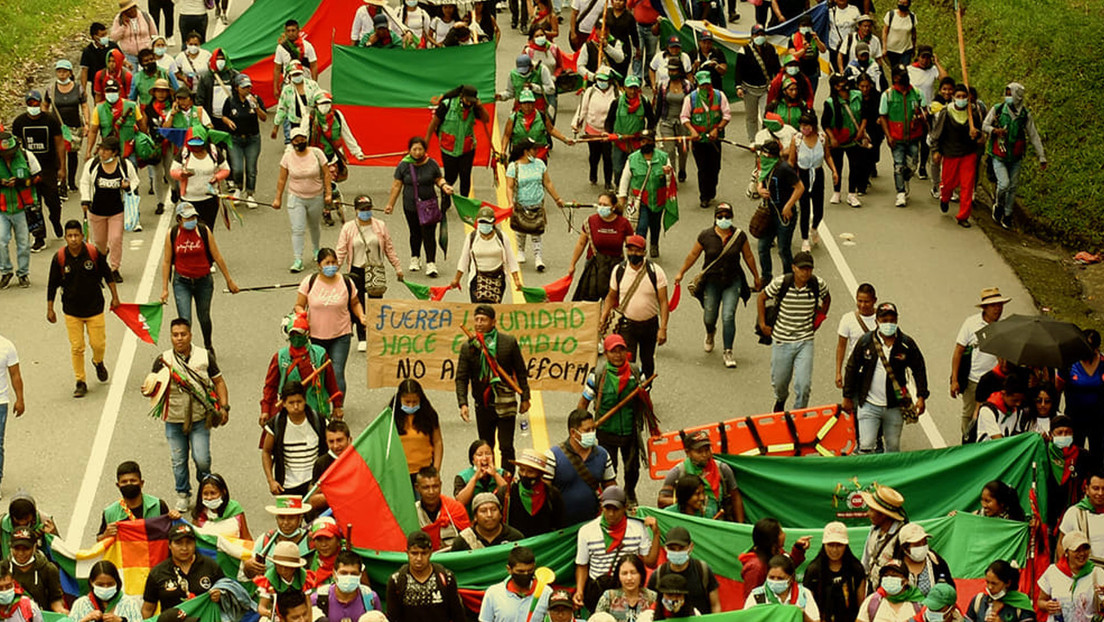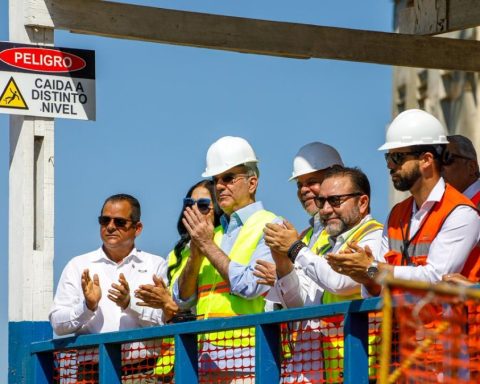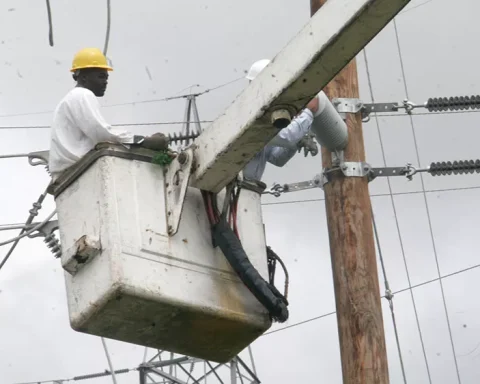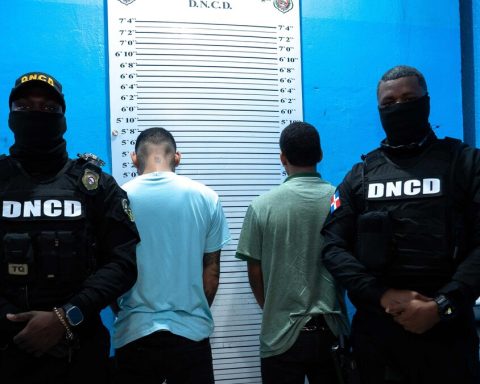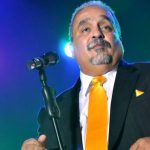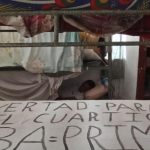Agencies;- Some 4,000 community members, members of different Colombian indigenous groups and grouped in the indigenous minga, arrived this Tuesday at Bogotathe Colombian capital and center of political power, where they hope to meet with President Gustavo Petro.
In a release Published by the Cauca Regional Indigenous Council (CRIC), it is detailed that 139 authorities from the Nasa, Yanakuna, Kokonuco, Misak, Ambaló, Kisgo, Polindaras, Totoróez, Eperâara Siapidâara and Inga peoples will participate in the mobilization through this organization.
The minga will be set up in the Renacimiento park, located in the center, with the assistance of the Ministry of the Interior and the District Secretariat of Government, collects Blu Radio. So far there is no confirmation that Petro will receive them.
This mobilization occurs in the context of the tensions between the Ministry of the Interior and the Indigenous Authorities of the Southwest (AISO), who warned that they would block the Pan-American Highway on Tuesday in the Cauca an important route that connects southwestern Colombia with the rest of the country because they demand to be recognized as an indigenous organization independent of the CRIC.
The Ministry of the Interior thus states in the document that it rejects “de facto measures” and proposes that the AISOs join the permanent dialogue table with various indigenous peoples, which began at the end of July.
The indigenous people grouped in the CRIC consider that dialogue with Petro is the “only alternative solution” to their demands for respect for their territories by multinationals and individuals, and in the context of “war and violence” that impact a good part of the department of Caucadue to the presence of armed groups such as the dissidents of the defunct Revolutionary Armed Forces of Colombia (FARC) and the National Liberation Army (ELN).
Among their requests is the establishment of dialogue tables “to arrange peace,” in view of the murder of indigenous leaders and authorities of different ages, as well as the recruitment of minors by armed structures that besiege their territories. According to the document, so far they have not perceived that there are “policies and strategies of attention and containment on the part of the Colombian State.”
They also call for progress in “overcoming the structural causes” that “condemn them to institutional ignorance and the violence perpetuated by war.”
